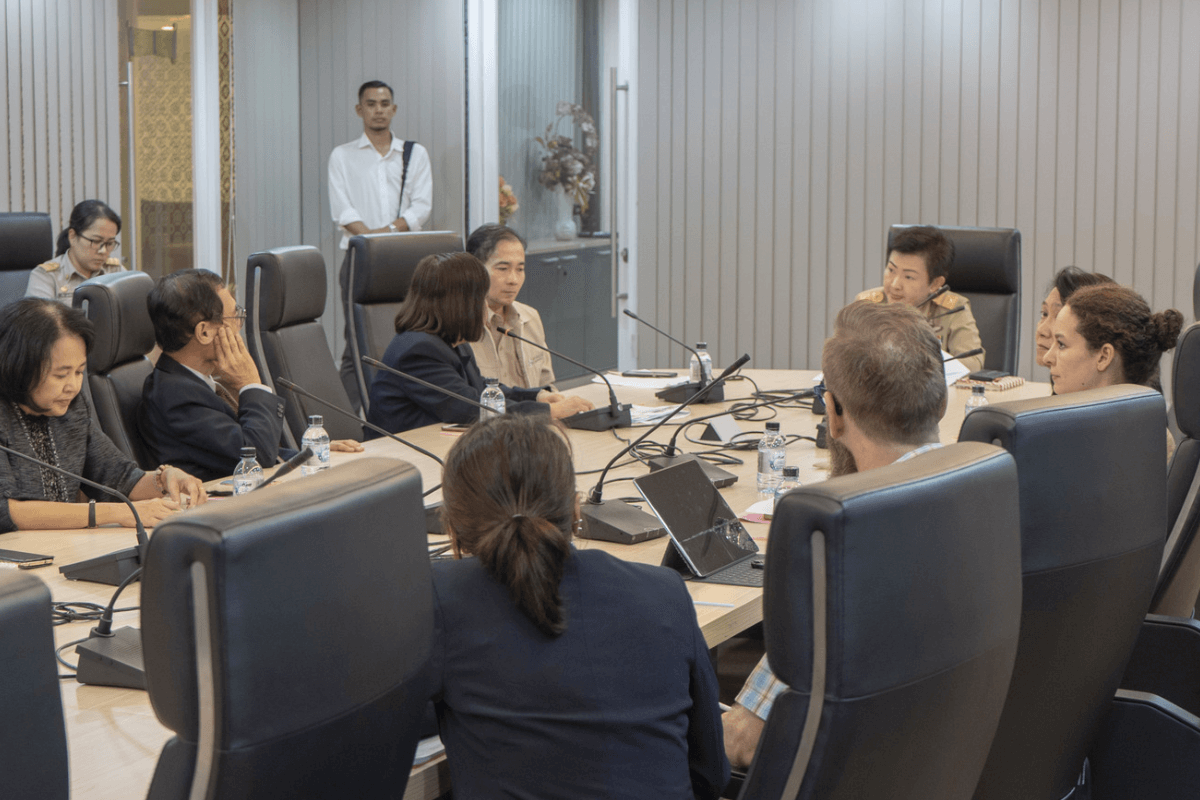Socio-Anthropological Component

Objectives
To identify and describe the communities and key stakeholders.
To understand the different communities' and stakeholders' knowledge and behaviour around vector-borne diseases.
To assess the influence of gender on risk factors and exposure to dengue and other diseases.
Methodology
Demographic data collection
This will identify several characteristics of the communities involved in the study, including mobility, lifestyles, daily routines, attitudes and behaviours. This information could be used to identify where mosquitoes and their larvae are located, and to understand how vector-borne diseases are transmitted in these communities.
Social science and anthropological data collection
This will collect data around people’s perceptions, awareness and experiences of vector-borne diseases, including its prevention and treatment, and the socio-economic and health impacts of the diseases. A combination of research methods will be used including:
- Observation, interviews, and questionnaires;
- Knowledge-attitude-practice survey questionnaires;
- Focus-group discussions; and
- Observation and interviews with local residents, local health workers and tourists.
Stakeholder analysis
Several semi-structured in-depth interviews, consultative workshops and dialogues will be used to gather information about various stakeholders. Topics of interest include:
- identifying stakeholders who influence ecological and social factors around vector-borne diseases;
- whether there are any conflicts of interest or risks;
- what can enable effective collaboration and cooperation among multi-sectoral partners; - how disease control and prevention activities can be sustained; and
- how stakeholders can offer sponsorship and ownership.
Gender analysis
Ethnographic methods, direct observation and participatory methods will be used to define and analyse gender issues in the community, and to assess how gender influences risk and exposure to dengue and other diseases. An impact assessment will be carried out at the beginning of the programme’s development to ensure that the project will have a positive impact upon women’s lives.
Key findings
Updates will be provided as they become available.

